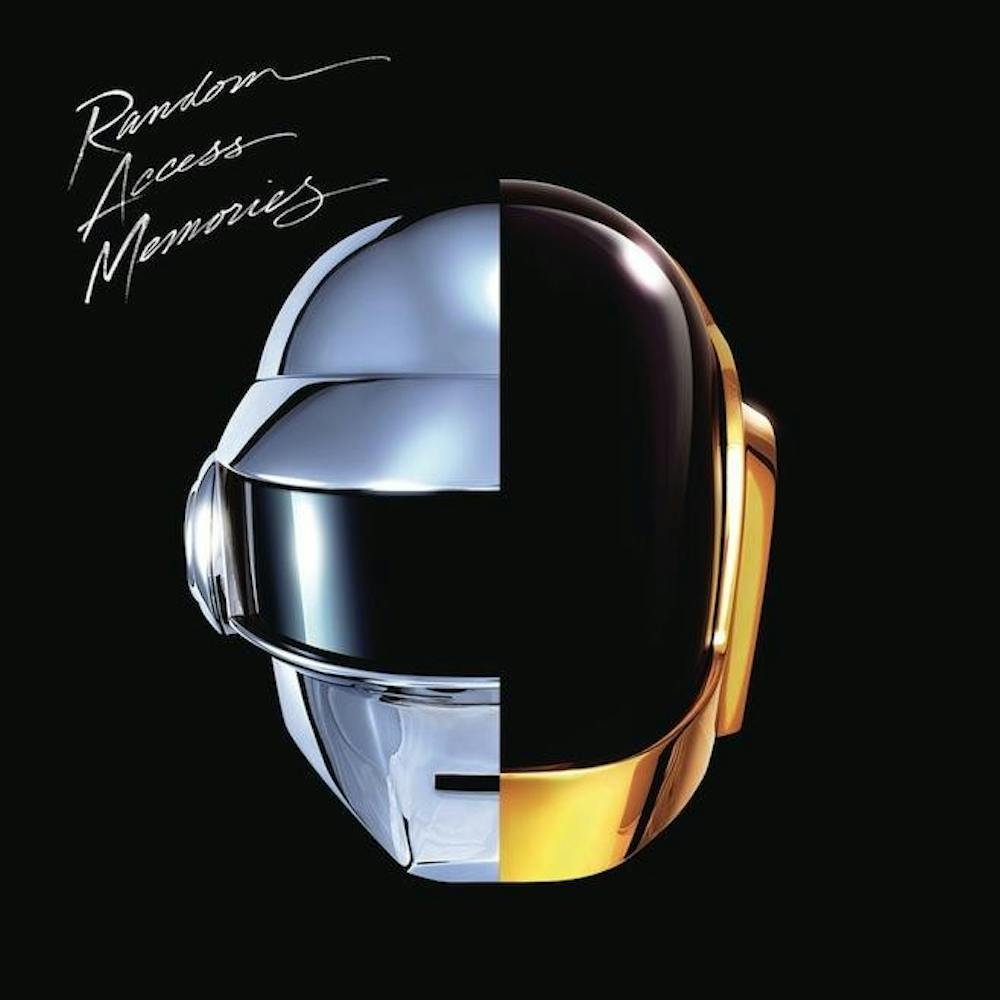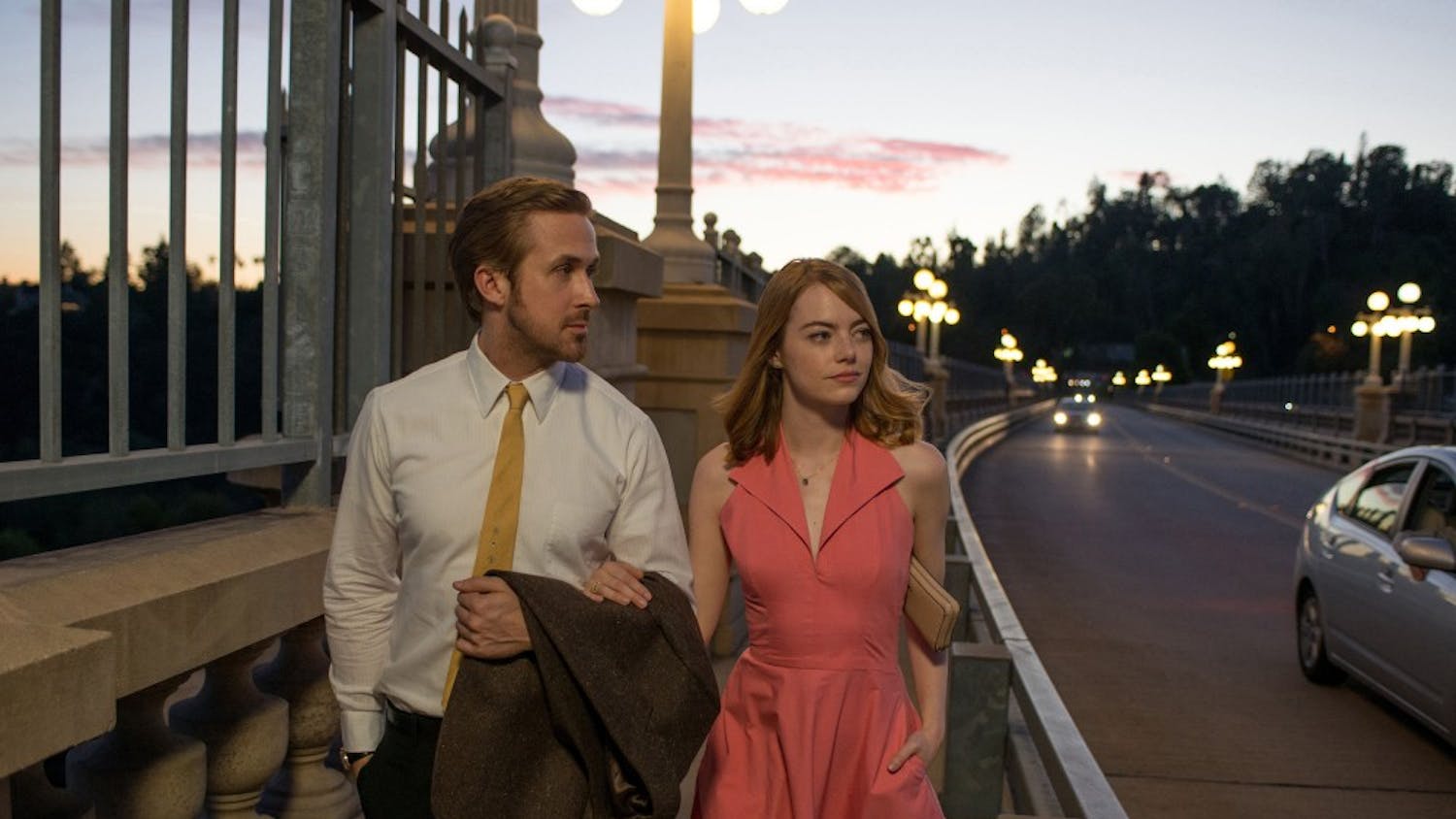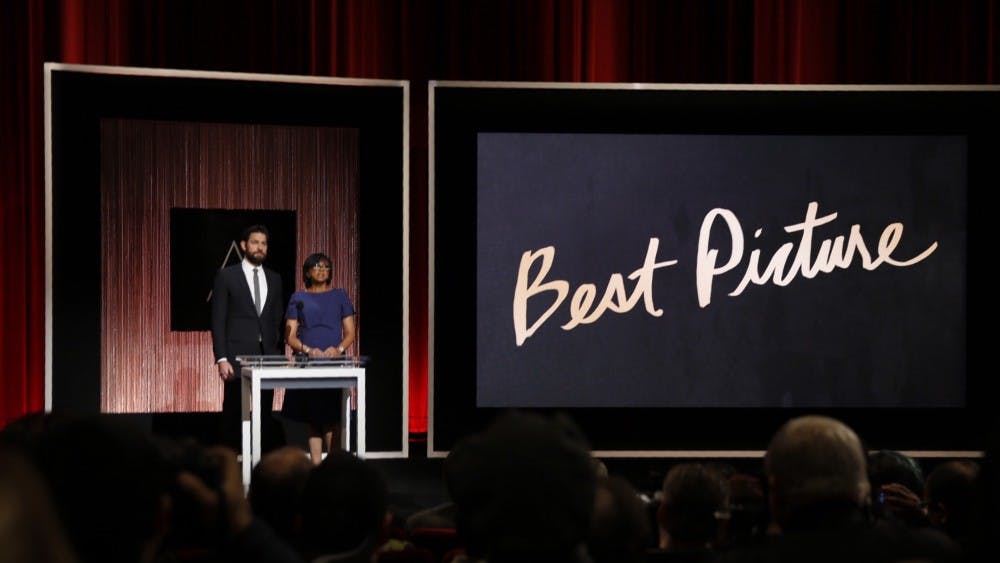What can I say about French robots that hasn’t been said before?
Apparently, a lot.
Daft Punk has been my favorite band for nearly a decade. In eighth grade, I mistakenly purchased the seminal 2001 album “Discovery” from the bargain bin of a local Karma Records for $3.97.
I thought I had overpaid. But after popping the CD into my stereo, I knew this was no mistake.
Simply fate.
As the only electronic music fan in music-crazy New Palestine, Ind., I took it upon myself to be a living historian of the cyborg duo. And now that the band has released “Random Access Memories,” Daft Punk’s first studio album since 2005, it irks me to hear people say the band has “changed.”
Especially when they started as a Beach Boys knockoff ensemble.
1992: Darlin’ Days
Thomas Bangalter and Guy-Manuel de Homem-Christo met in a Paris secondary school and bonded through their love of American pop rock. A third friend, Laurent Brancowitz, joined them to form Darlin’, a band inspired by the Beach Boys song of the same name.
Their four-song set was written off by the local newspaper as “daft, punky thrash.” After mixed reviews, the trio split to pursue other interests.
Bangalter and “Guy-Man” studied synthesizers and renamed themselves “Daft Punk.”
Brancowitz would later become a founding member of “Phoenix,” another huge French music act.
1997: Homework
After a chance meeting at a 1993 rave at EuroDisney (of all things), Daft Punk released its first single through Soma Quality Recordings. The success of “Alive” led them to sign with Virgin Records in 1996.
“Homework,” the duo’s first album, attracted a degree of international attention in 1997 for presenting rave music in a commercial setting. Singles “Da Funk” and “Around the World” remain favorites for DJs to sample due to their easygoing chord progressions.
2001: Discovery
Daft Punk captured attention in a big way with 2001’s “Discovery,” trading away any personal image for the iconic robot suits their fans know and love today.
The two haven’t been photographed publicly outside of their suits (or so we assume) since the album’s release.
The group channeled video game and 8-bit culture in a big way, as singles “One More Time” and “Harder, Better, Faster, Stronger” became genre staples.
“Discovery” turned heads with its full-length anime motion picture accompaniment, “Interstella 5555,” which told the story of a blue rock and roll band kidnapped by aliens.
The album would later be chosen as the third-best album of the 2000s by Pitchfork music magazine.
2005: Human After All
Bangalter and Homem-Christo took four years to respond to their international smash-hit album, and the results were less than flattering to many.
After “Discovery” gave audiences a gift-wrapped explosion of color and synth, “Human After All” responded with minimalism and existential themes.
As if stripping the sound down to two guitars and a drum machine wasn’t enough to alienate some, the robot baby pictured in the “Technologic” video may have scared the rest away.
It would be the band’s last new studio album for eight years.
2007: Alive 2007
Daft Punk responded to this sink in popularity by releasing “Alive 2007,” a live concert featuring remixed cuts from various points in the duo’s career. The late-2007 release won the Grammy for Best Electronic Album in 2009.
Some cuts from the unpopular “Human After All,” combined with familiar “Discovery” favorites, managed to win back a few fans with a more dancy juxtaposition.
2010: TRON: Legacy
After Disney announced plans to revamp the iconic “TRON” movie starring Jeff Bridges, it tapped on Daft Punk’s cyborg shoulders to do the soundtrack. Bangalter and “Guy-Man” went into classical music lockdown, organizing an 85-piece orchestra for the cult film remake’s soundtrack.
The duo made a cameo in the film as two robotic DJs, playing the hit single “Derezzed” during a club fight scene.
2013: Random Access Memories
After finally taking the time off to indulge in music from the 1960s and ‘70s, Daft Punk teamed up with modern hip-hop artist Pharrell Williams and electro legend Nile Rodgers for a trip into retro glory.
“Get Lucky,” the lead single for the album released May 21 in the U.S., flourishes with a disco sound the band tends to embrace.
However, tracks such as “Giorgio by Moroder,” which channel a spoken-word motif, may tread along the lines previously crossed by 2005’s “Human After All.” And songs like “Touch” are downright psychedelic confusion.
Analysis
I’ve stuck with this band through thick and thin, even buying a $30 copy of its generally poo-pooed independent film “Electroma.” Along the way, I’ve seen how Daft Punk is an earnest, honest effort to try something new, even if “something new” is a goofy 8-bit song about working it harder and making it better.
The duo just happened to find the fortune of a top 40 single or two along the way. Bangalter and Homem-Christo just enjoy having fun with their music.
Then again, would you expect anything less from two Parisian men in robot costumes?
A Tale of Two Robots

Get stories like this in your inbox
Subscribe




